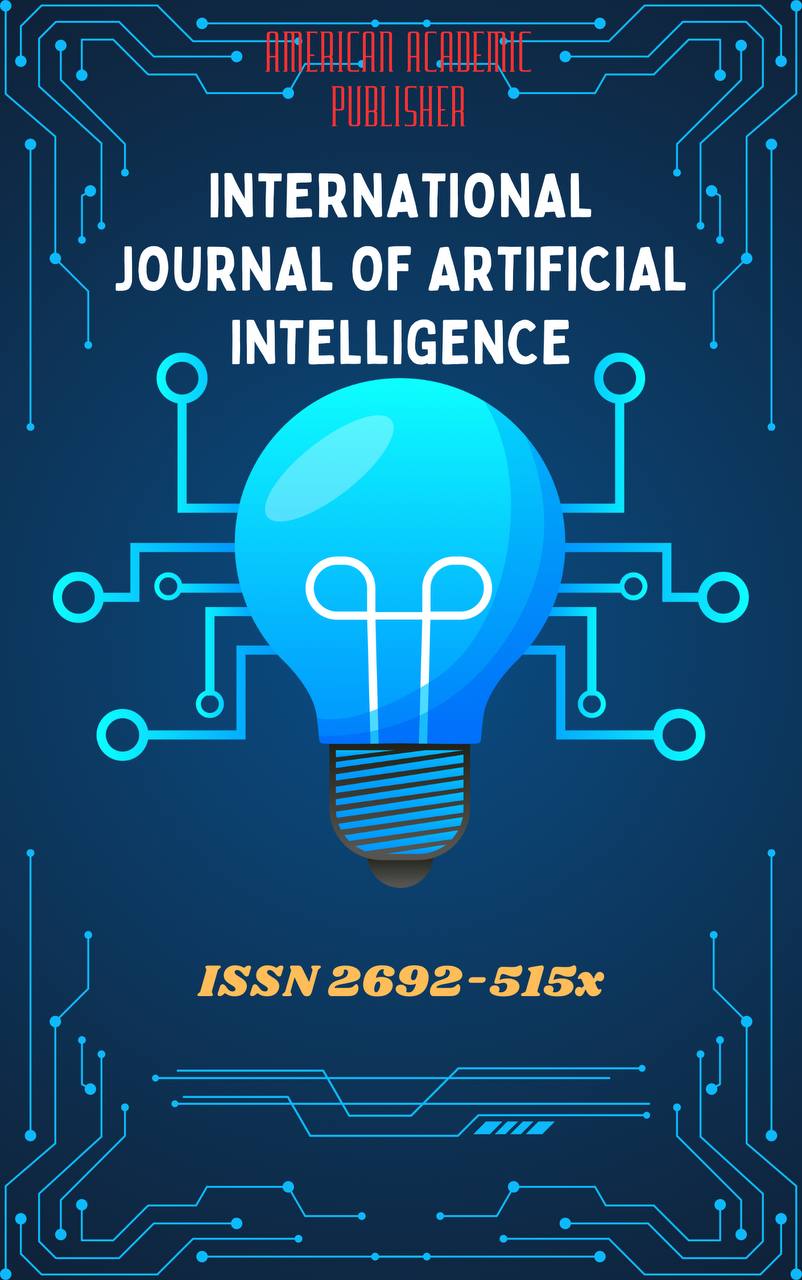 Articles
| Open Access |
Articles
| Open Access | DIFFERENCES BETWEEN TRADITIONAL AND GREEN ECONOMIC MODELS
Aliqulov Humoyun Tohir ugli , Intern Teacher of University of Economics and PedagogyAbstract
Traditional economic models primarily focus on maximizing economic growth, often at the expense of environmental sustainability. These models rely heavily on fossil fuels, resource extraction, and linear production-consumption patterns, leading to ecological degradation and climate change. In contrast, green economic models prioritize environmental stewardship, resource efficiency, and social equity. They integrate circular economy principles, renewable energy adoption, and sustainable production practices to achieve long-term economic stability and ecological balance. This paper explores the fundamental differences between traditional and green economic models, highlighting their implications for sustainable development, policy-making, and global economic resilience.
Keywords
Traditional economy, green economy, sustainable development, circular economy, environmental sustainability, renewable energy, resource efficiency.
References
Cabinet of Ministers of the Republic of Uzbekistan (2023). “Strategy for Renewable Energy Development by 2030.”
Presidential Decree of Uzbekistan (2022). “State Program for Transition to a Green Economy.”
Ministry of Economy and Finance of Uzbekistan (2021). “Industrial Modernization and Environmental Sustainability.”
UNDP (2023). “Measures to Achieve Carbon Neutrality in Uzbekistan.”
Sаmiyevа, G. (2024). “Yаshil iqtisodiyot” ga o ‘tish orqali bаrqаror iqtisodiy o ‘sishni tа’minlаshning mintaqaviy jihatlari. YASHIL IQTISODIYOT VA TARAQQIYOT, 2(12).
Самиева, Г. Т., & Аликулов, Х. Т. (2023). НОВЫЙ УЗБЕКИСТАН И ПЕРЕХОД В «ЗЕЛЕНУЮ ЭКОНОМИКУ». Экономика и социум, (11 (114)-1), 994-998.
Samieva, G. T., & ugli Alikulov, K. T. (2024). MINTАQАDА “YАSHIL IQTISODIYOT” АSOSIDА BАRQАROR IQTISODIY O ‘SISHNI TА’MINLАSH MАSАLАLАRI. THE INNOVATION ECONOMY, 4(04).
Aliqulov, H. (2023). “YASHIL IQTISODIYOT”–KELAJAK IQTISODIYOTING ASOSI. Nashrlar, 474-477.
Matqosimova, M. E. Q. (2022). SMS LARDA ELLIPTIK STRUKTURALAR. Central Asian Research Journal for Interdisciplinary Studies (CARJIS), 2(12), 181-186.
Begmuradovich, S. A. (2025). EINSATZ VON INFORMATIONSTECHNOLOGIE IM FREMDSPRACHENUNTERRICHT. СОВРЕМЕННОЕ ОБРАЗОВАНИЕ И ИССЛЕДОВАНИЯ, 1(3), 97-102.
Bekmuradovich, S. A. (2025). The usage of modern educational technologies in teaching a foreign language in higher educational institutions. Ta’lim, tarbiya va innovatsiyalar jurnali, 1(2), 180-184.
Begmuradovich, S. A. (2023). INTEGRATION OF EDUCATIONAL PROCESS FORMS. PEDAGOGIKA, PSIXOLOGIYA VA IJTIMOIY TADQIQOTLAR| JOURNAL OF PEDAGOGY, PSYCHOLOGY AND SOCIAL RESEARCH, 2(2), 20-23.
Суяров, А. Б. (2025). ТЕХНОЛОГИИ ОРГАНИЗАЦИИ ДИСТАНЦИОННОГО ОБУЧЕНИЯ. ZAMIN ILMIY TADQIQOTLAR JURNALI, 1(2), 9-15.
Суяров, А. Б. (2025). СОВРЕМЕННЫЕ МЕТОДЫ В МЕТОДИКЕ ПРЕПОДАВАНИЯ ИНОСТРАННЫХ ЯЗЫКОВ. YANGI O ‘ZBEKISTON, YANGI TADQIQOTLAR JURNALI, 2(2), 217-225.
Article Statistics
Downloads
Copyright License

This work is licensed under a Creative Commons Attribution 4.0 International License.

